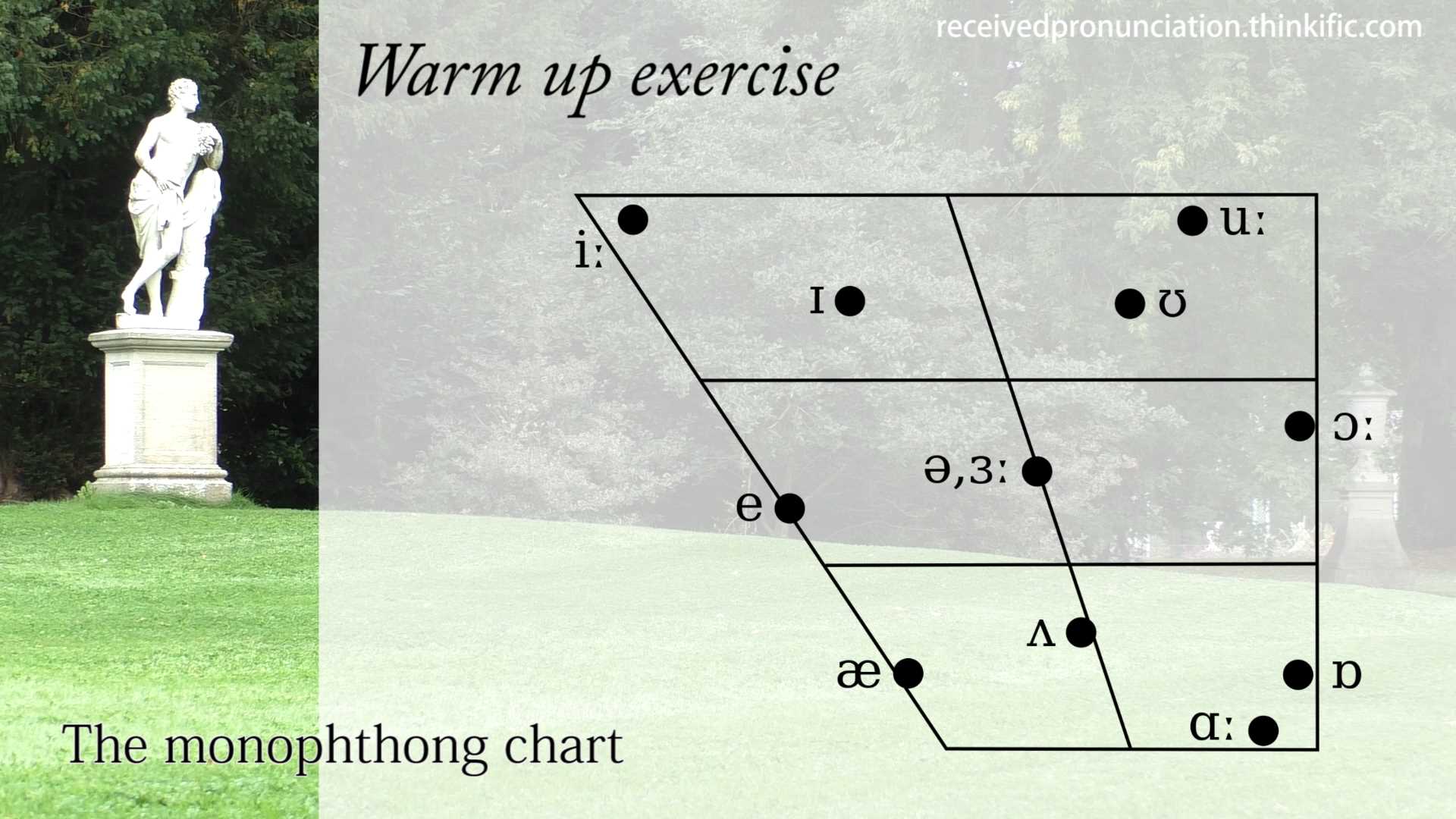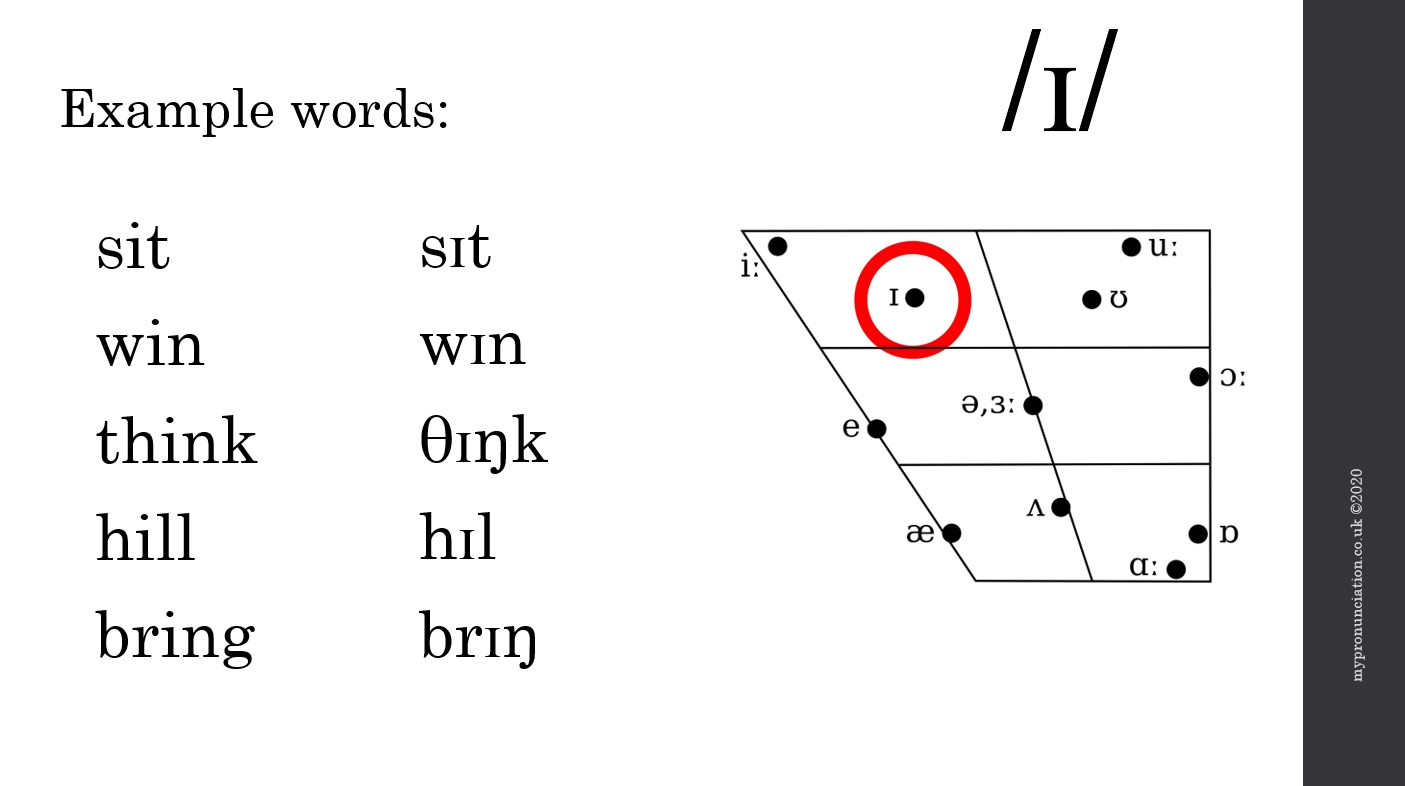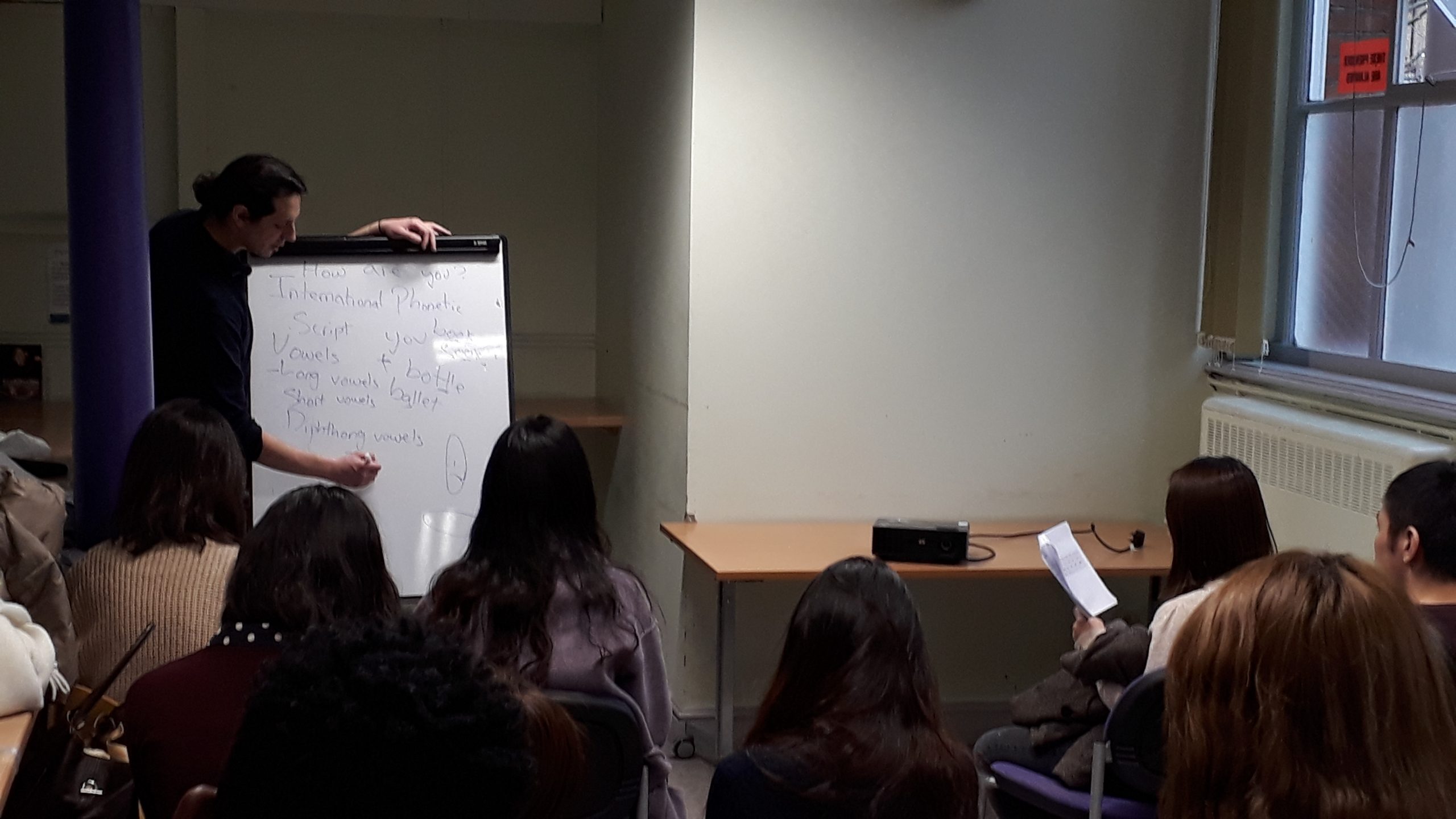British English
RP ACCENT TRAINING
RECEIVED PRONUNCIATION, ACCENT REDUCTION, ELOCUTION, ACCENT SOFTENING
Learn the accent spoken by British newsreaders, presenters, and the top British actors in Hollywood.
Received Pronunciation (RP), the standard accent of British English, embodies the essence of clear and precise articulation. This website is dedicated to helping you achieve an authentic British RP accent through a variety of resources and services. Whether you’re looking for self-study courses, in-person or virtual workshops, or simply helpful tips and tricks, I’m here to help.
Improving your accent can be a challenging and intimidating process. That’s why I provide a comprehensive guide to help you navigate the necessary thought process required to achieve your pronunciation goals. I break down the sounds of the English language, helping you identify the areas that need improvement, and providing specific exercises to help you practice.
Whether you’re looking to improve your accent for professional reasons or simply to better communicate with native speakers, this site has everything you need to achieve your goals. So why wait? Start your journey to better pronunciation today!
Personalized Coaching: In-person, Zoom, or Google Meet Sessions Available
I offer in-person and online sessions, so you can receive personalized feedback and guidance from a qualified pronunciation coach. Improve your professional communication skills with online accent reduction lessons.
Contact me using the contact form.
Alternatively, fill out this form to receive a complimentary consultation.
I typically respond within 24 hours, so be sure to check your spam folder if you haven’t heard back from me.

My monthly pronunciation workshops in London are a great way to get hands-on experience and interact with other learners. These workshops cover a range of topics and are suitable for all levels, from beginner to advanced.

Learn at your own pace, with my complete self-study course on Thinkific. This course includes video tutorials, listening exercises, and quizzes to test your knowledge and help you track your progress.
Sign up for a free preview of my complete course on Thinkific and access my free eBook.

Accelerate your learning with my Daily Training Program, a series of repetition exercises spanning over fifteen hours to help you internalize the building blocks of British English pronunciation.
CONTACT ME
Fill out this form to receive a complimentary consultation.
I typically respond within 24 hours, so be sure to check your spam folder if you haven’t heard back from me.